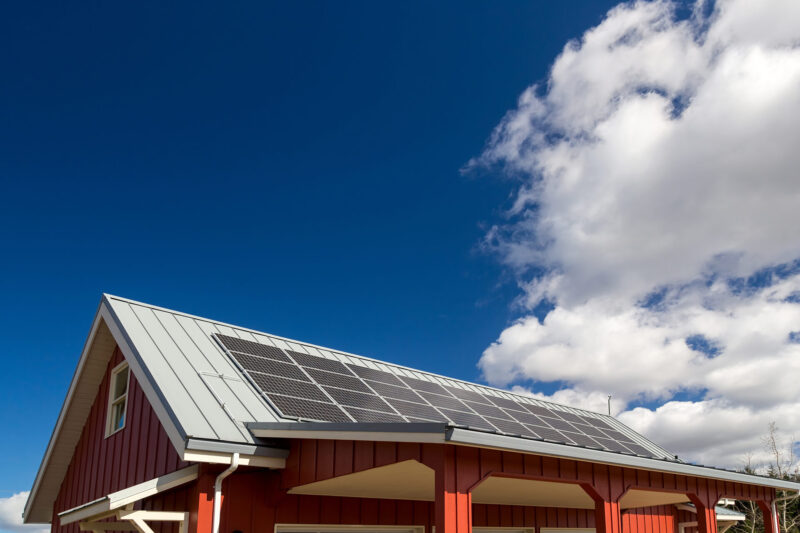Solar Roofing: Is It Worth the Investment?
Is Solar Roofing Worth the Investment?
 As more homeowners look for ways to reduce energy costs and embrace sustainable living, solar roofing has become an increasingly popular option. But is it worth the investment? While solar roofing offers numerous benefits, it also comes with certain costs and considerations.
As more homeowners look for ways to reduce energy costs and embrace sustainable living, solar roofing has become an increasingly popular option. But is it worth the investment? While solar roofing offers numerous benefits, it also comes with certain costs and considerations.
In this blog, we’ll explore the advantages, potential drawbacks, and key factors to help you decide if solar roofing is the right choice for your home.
Benefits of Solar Roofing
1. Lower Energy Bills
One of the most significant advantages of solar roofing is the potential for lower electricity
costs. By generating your own power, you can reduce reliance on the grid and save money on
utility bills.
2. Environmental Impact
Solar energy is a renewable, clean energy source that helps reduce carbon emissions. By
investing in solar roofing, you’re contributing to a more sustainable future.
3. Increase in Home Value
Homes with solar panels are often more attractive to buyers, leading to increased property
value. Many homebuyers are willing to pay more for energy-efficient features that lower long-
term costs.
4. Tax Incentives and Rebates
Many federal, state, and local programs offer tax credits, rebates, or incentives for installing
solar roofing. These financial benefits can help offset the initial installation costs.
5. Energy Independence
Solar roofing allows homeowners to generate their own electricity, reducing dependence on
utility companies and protecting against rising energy prices.
Considerations Before Investing in Solar Roofing
1. Upfront Costs
While solar technology has become more affordable, installation costs can still be high.
However, financing options, incentives, and long-term savings can make it a worthwhile
investment.
2. Roof Condition and Compatibility
Not all roofs are suitable for solar panels. Factors such as roof age, material, and structural
integrity should be assessed before installation.
3. Climate and Sun Exposure
Solar panels work best in areas with high sun exposure. If your home is heavily shaded or
located in a region with frequent overcast conditions, the efficiency of solar roofing may be
lower.
4. Maintenance and Repairs
Solar panels require minimal maintenance, but they do need occasional cleaning and
inspections to ensure optimal performance. Additionally, if your roof requires repairs, the
panels may need to be removed and reinstalled.
5. Return on Investment (ROI)
The savings on energy bills and available incentives contribute to the return on investment. On
average, homeowners can break even within 6-12 years, depending on electricity rates and
energy consumption.
Conclusion
Solar roofing is a smart investment for homeowners looking to save on energy costs, increase
property value, and reduce their environmental impact. However, the decision should be based
on factors like upfront costs, roof suitability, and local climate conditions. By carefully
evaluating these aspects, you can determine whether solar roofing is the right choice for your
home and long-term financial goals.
Contact us for your estimate or with any questions.
Connect with us at Facebook

